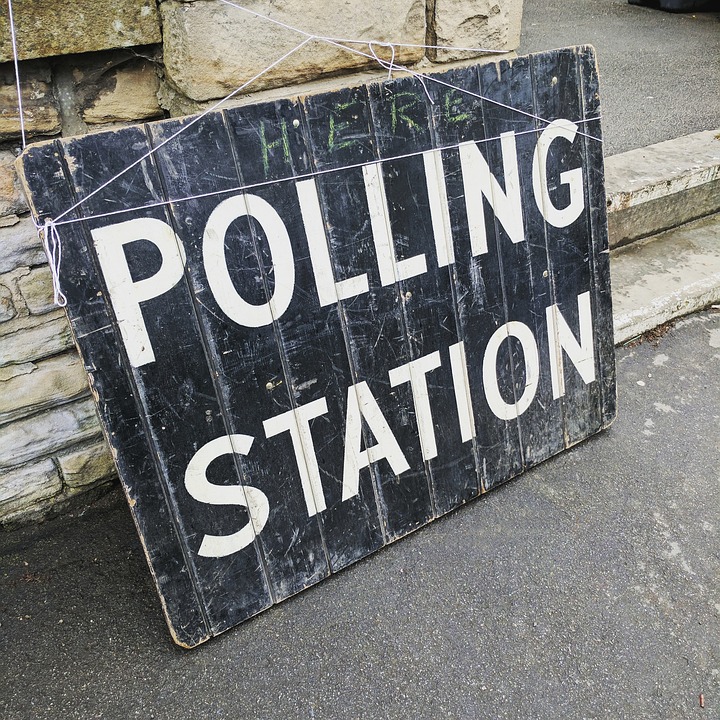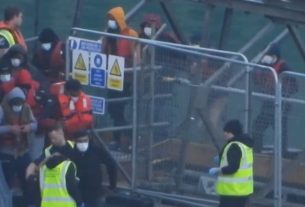Boris Johnson’s proposed election on the 12 December failed yesterday to gain sufficient support from MPs.
The motion attracted 299 votes in favour with 70 against, and thus did not secure the two-thirds majority of the house (434 votes) required under the Fixed-Term Parliaments Act. While all Conservative MPs voted for the motion, it only gained the support of one Labour MP and none from the Liberal Democrats or the SNP.
The prime minister went on to announce his intention to introduce a short bill which would only need a simple majority to come into law. The Liberal Democrats and the SNP have indicated that they may support it, but there are disagreements about the date. The Commons leader Jacob Rees-Mogg said that there would be a debate on Tuesday for a 12 December election, but the Liberal Democrats and SNP are calling for an election on 9 December and have said that they are unwilling to support the government’s proposed date. They are concerned that a 12 December election might leave sufficient time for Johnson to pass the Withdrawal Agreement Bill and thus achieve Brexit before parliament is dissolved, which must occur a minimum of 25 working days before the election.
The introduction of a general election bill outside of the Fixed-Term Parliament Act brings its own risks for the government, as it is open to possible amendment. Labour and Liberal Democrat MPs have toyed with the idea of amending the motion to give the vote to 16- and 17-year-olds. It is not clear whether such an amendment would be allowed by the Speaker.
Yesterday’s failed motion represents Johnson’s third attempt to call an early general election. Labour had previously been opposed to any election until a no-deal Brexit was ‘off the table’. Yesterday’s vote, however, came after Brussels had accepted the request for an extension which Johnson was required to make under the Benn Act. A ‘flextension’ has now been agreed, by which Brexit is delayed until 31 January 2020 but may leave the bloc before that if the necessary legislation is passed earlier.
With Labour trailing the Conservatives by as much as 10% in the polls, many Labour MPs are opposed to holding an election in present circumstances. Corbyn has said that his party will ‘consider’ the general election bill before deciding how to vote.




